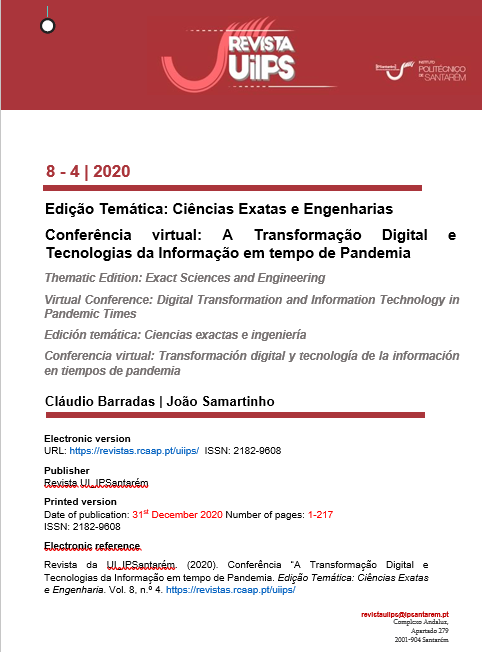"AmEmail" - A CMS-based email client, following an EDATF design
DOI:
https://doi.org/10.25746/ruiips.v8.i4.21997Keywords:
CMS, EDATF, email, POP/IMAP, technostressAbstract
This paper introduces an email-client system named "AmEmail", for the automatic consumption and publishing of electronic mail messages on a CMS (Content Management System), which serves as a tool for the visualization, search, annotation and navigation over the emails. The system supports an unlimited number of email accounts and the simultaneous publishing in multiple CMSs. There is the perception that there are plenty of alternatives to email. This article argues a different perspective and reasons about the sanity of a so-called "EDATF" ("Email Data Access and Transparency First") approach, in a context in which users have been ceasing control and working on ever higher abstraction levels, on the razor's edge of events that will cause them technostress. With this system, a new way of reading email becomes available, with presentation and functionalities that return some control over their data, to end-users. This is a novel approach, with extra degrees of freedom, beyond the conventional "inbox".
Downloads
Published
How to Cite
Issue
Section
License
Authors publishing in this journal agree to the following terms:
Authors retain copyright and grant the journal the right of first publication, with the article simultaneously licensed under the Creative Commons Attribution License that allows sharing of the work with acknowledgement of authorship and initial publication in this journal.
Authors are permitted to enter into additional contracts separately for non-exclusive distribution of the version of the article published in this journal (e.g., publish in an institutional repository or as a book chapter), with acknowledgment of authorship and initial publication in this journal.
Authors have permission and are encouraged to publish and distribute their work online (e.g., in institutional repositories or on their personal webpage) at any point before or during the editorial process, as this may generate productive changes, as well as increase the impact and citation of the published work.



